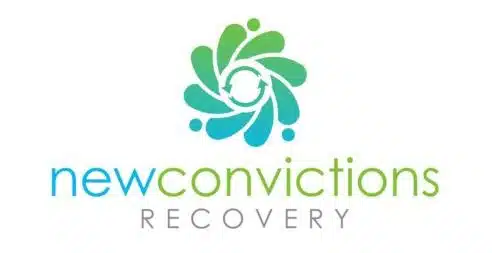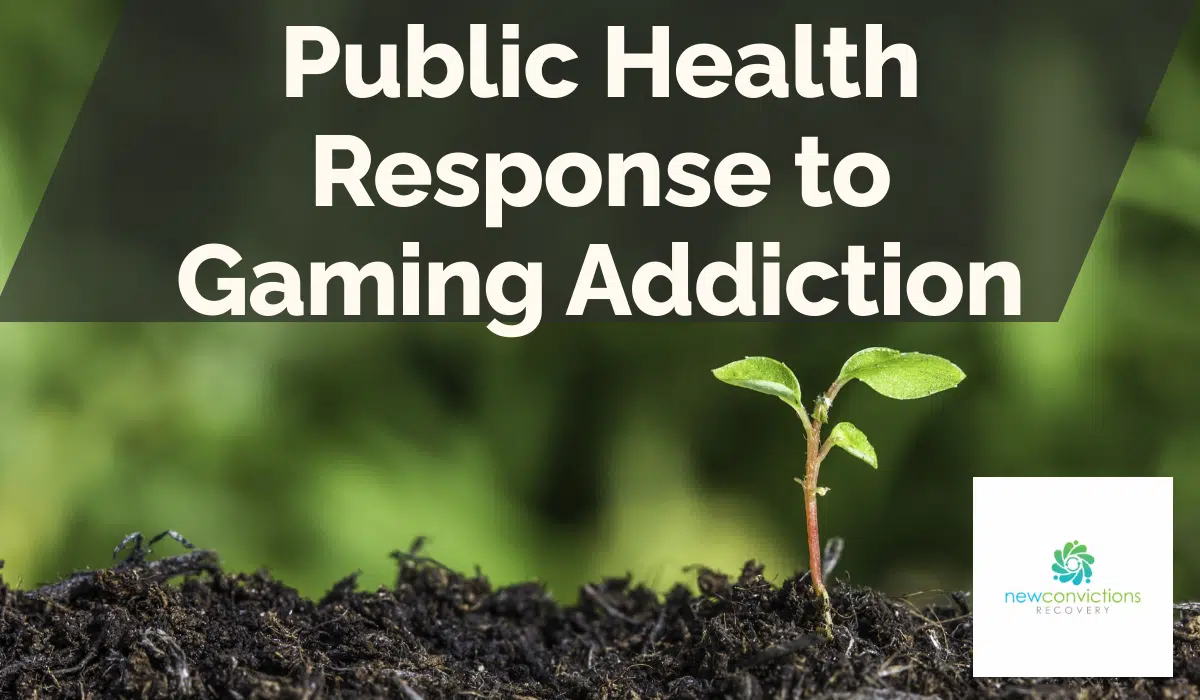Gaming addiction, officially known as Internet Gaming Disorder (IGD), is a modern public health concern affecting individuals worldwide. With the evolution of digital technology, there has been a drastic increase in the number of people struggling with this type of addiction. This article discusses the importance of understanding gaming addiction, its impacts, and the public health strategies implemented to combat this issue.
Understanding Gaming Addiction
Gaming addiction is characterized by a persistent and recurrent use of video games, leading to significant impairment or distress. Individuals affected by this disorder find it challenging to control their gaming behavior, prioritize gaming over other interests, and continue gaming despite the occurrence of negative consequences. As a result, their academics, jobs, and relationships often suffer.
Impact of Gaming Addiction
Excessive gaming has been linked to a variety of health issues. Physical problems like obesity, musculoskeletal problems, and disturbed sleep patterns are commonly identified among addicts. Mental health issues, including depression, anxiety, and social phobia, are eminent. Furthermore, gaming addiction disrupts family dynamics and affects the overall quality of family interaction, making it a concern for public health.
Public Health Response
Addressing gaming addiction from a public health perspective involves focusing on preventive, corrective measures, and treatment options. It is based on approaches such as awareness, early identification, and intervention, backed by sound health policies.
Increased Awareness and Education
- Conducting awareness programs to educate about gaming disorder, early signs, and potential hazards helps foster a community that is conscious and vigilant about this growing problem.
- Promoting healthy gaming habits and suggesting alternative engaging activities.
- Educating parents about the importance of monitoring their child’s gaming time and content also forms an integral part of these awareness campaigns.
Early Identification and Intervention
- Implementing measures in settings like schools and colleges that permit early identification of problematic gaming behaviors.
- Developing effective intervention strategies, including individual counseling and family therapy to counter the addiction promptly.
Health Policies
Formulating and implementing robust health policies is another crucial aspect of public health response to gaming addiction. These policies encompass:
- Regulating the content and accessibility of certain video games to various age groups.
- Setting up dedicated helplines for gaming addicts.
- Allocating funds for research and development of treatment strategies.
In conclusion, gaming addiction is a severe public health concern, and a wide range of responses are being put into action to combat it. Through education, early identification, intervention, and solid health policies, strides are being made to tackle this new-age addiction. However, continued research and proactive strategies will be necessary to keep up with the evolving nature of video games and their effects on mental health.

